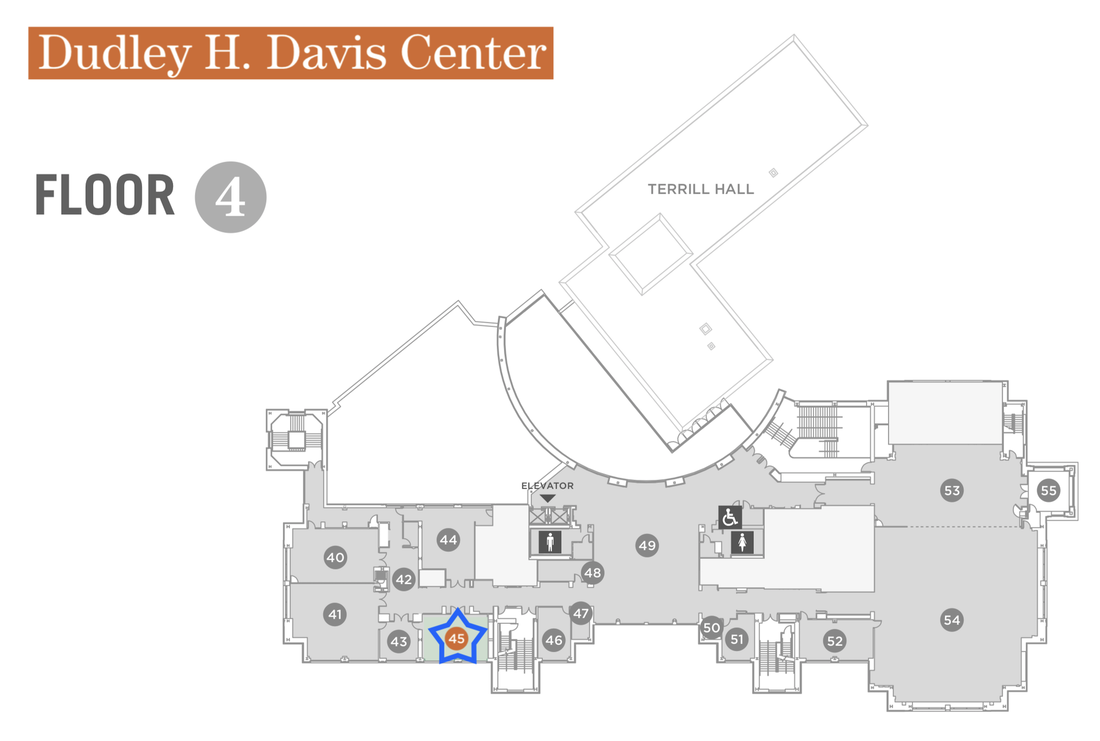NetCrime—The structure and mobility of crime
Crime plagues the world and is present in every city, at every economic level, at every education level; it percolates in the structure of society probably more than any other socioeconomic problem. Notably, we have seen recently a huge leap forward in the understanding of social structures and human mobility—two crucial components of crime. Offenders not only rarely commit crime alone (be it a robbery of a few hundred dollars, or a high-profile wall-street crime of millions of dollars) but also tend to commit crime along with the same associates. Criminal activities are complex processes and likely to depend on an underlying network of actors involved in the activities who, like most people, are part of global social networks. With the advance in Network Science and related areas, we now have better tools to approach and examine social phenomena such as crime.
Since 2015, NetCrime is an event that has been put together to bring researchers from various fields including, Criminology, Sociology, Physics, Computer Science, Mathematics, law-enforcement to an open forum to discuss the role of Network Science in understanding the structure and dynamics of crime.
Since 2015, NetCrime is an event that has been put together to bring researchers from various fields including, Criminology, Sociology, Physics, Computer Science, Mathematics, law-enforcement to an open forum to discuss the role of Network Science in understanding the structure and dynamics of crime.
Program
|
08:30 - 08:45
|
Opening Remarks
|
|
08:45 - 09:00
|
Predicting criminal behavior with Lévy flights using real data from Bogota
Mateo Dulce |
|
09:00 - 09:15
|
Crime Patterns and Urban Infrastructure around São Paulo City Schools: An Analytical Study via Non-Negative Tensor Factorization
Jaqueline Silveira, Germain García, Afonso Paiva, Debora Piccirillo, Marcelo Nery, Sergio Adorno, and Luis Gustavo Nonato |
|
09:15 - 09:30
|
The complexity of political corruption networks
Jose Roberto Nicolas Carlock, Abdul Waheed Mahessar, Issa Luna-Pla, Jesus Espinal-Enriquez, Gabriel Ramos-Fernandez, Jesus Mario Siqueiros-Garcia, and Fabiola Navarro-Luna |
|
09:30 - 09:45
|
Topological and weighted rich-club effect in corruption networks
Luiz G. A. Alves, Bruno R. da Cunha, Francisco Rodrigues, and Pietro Panzarasa |
|
09:45 - 10:00
|
Caribbean Financial Networks: Is Always Dirty Money?
Oscar Granados |
|
10:00 - 10:30
|
Coffee break
|
|
10:30 - 11:15
|
Using game theory to defend against opportunistic criminals
Prof. Martin B. Short |
|
11:15 - 11:30
|
Efficient allocation of law enforcement resources using predictive police patrolling
Alvaro Riascos, Mateo Dulce, and Simon Ramirez |
|
11:30 - 11:45
|
Can We See Two Types of Crime Based on Connections to Mortality and Property. Are Networks the Way Forward?
Jack Sutton, Golnaz Shahtahmassebi, Haroldo Ribeiro, and Quentin Hanley |
|
11:45 - 12:00
|
On Modeling Adversarial Activities in Large Multi-Source Networks
Jiejun Xu, Kangyu Ni, Alexei Kopylov, Shane Roach, and Tsai-Ching Lu |
|
12:00 - 12:15
|
Addressing reporting bias and feedback loop from crime prediction models in Bogota
Juan Moreno, Álvaro Riascos, and Mateo Dulce |
|
12:15 - 13:45
|
Lunch break
|
Call for abstracts
We invite submissions of extended abstract (2 pages max) via EasyChair
A non-exhaustive list of topics of interest include:
- Understanding crime as a complex system;
- criminal networks;
- crime modeling;
- dynamics and structure of transnational crime;
- dynamics of criminal hotspots in cities;
- dynamics of terrorist events;
- crime prediction in cities;
- spatial regularities of crime in cities;
- use of social media for crime analysis;
- dynamics of cyber-crime;
- interplay of criminal events and social-economic factors;
- use of communication data in criminal activity;
- detection of criminal organization in cities
- relationship between human mobility and crime;
- visualization of illegal activities;
- social network analysis in crime data
- network-based tools for analyzing crime
- visualization of criminal data in cities
- and others.
Submissions will be evaluated and selected by the Program Committee, based on the adherence to the workshop theme, originality and scientific quality. Once an abstract has been accepted, at least one author is required to attend the workshop and present the paper. Please note that the participants must register in the NetSci general conference.
Dates
Submission deadline
March 21, 2019
March 21, 2019
Notification of acceptance
March 28, 2019
NetSci early registration deadline
April 10, 2019
April 10, 2019
NetSci late registration deadline
May 20, 2019
May 20, 2019
NetSci dates
May 27 to May 31, 2019
May 27 to May 31, 2019
NetCrime date
May 27, 2019
May 27, 2019
Location
The satellite will be held in the
University of Vermont Davis Center
590 Main St, Burlington, Vermont 05401, USA
At the Chittenden Bank Room, on the 4th floor:
University of Vermont Davis Center
590 Main St, Burlington, Vermont 05401, USA
At the Chittenden Bank Room, on the 4th floor:
Keynote speaker
Program committee
Carmelo Bastos-Filho
University of Pernambuco, Brazil
Paolo Campana
University of Cambridge, UK
Noemi Derzsy
Rensselaer Polytechnic Institute, USA
Giacomo Fiumara
University of Messina, Italy
Vasco Furtado
Universidade de Fortaleza, Brazil
Luigi Laura
Sapienza University of Rome, Italy
Diogo Pacheco
Indiana University, USA
Matjaz Perc
University of Maribor, Slovenia
Michael Porter
University of Virginia, USA
Rafael Prieto Curiel
University of Oxford, UK
Haroldo Ribeiro
State University of Maringá, Brazil
Eder Schneider
Federal University of Rio Grande do Sul, Brazil
University of Pernambuco, Brazil
Paolo Campana
University of Cambridge, UK
Noemi Derzsy
Rensselaer Polytechnic Institute, USA
Giacomo Fiumara
University of Messina, Italy
Vasco Furtado
Universidade de Fortaleza, Brazil
Luigi Laura
Sapienza University of Rome, Italy
Diogo Pacheco
Indiana University, USA
Matjaz Perc
University of Maribor, Slovenia
Michael Porter
University of Virginia, USA
Rafael Prieto Curiel
University of Oxford, UK
Haroldo Ribeiro
State University of Maringá, Brazil
Eder Schneider
Federal University of Rio Grande do Sul, Brazil



